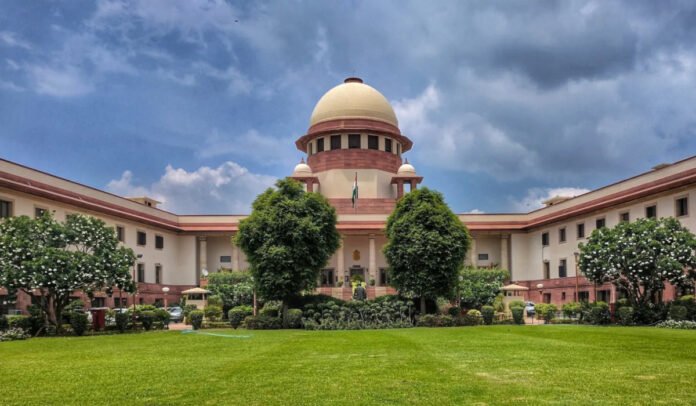In a significant development for the thousands of sugar mill workers in Uttarakhand, the Supreme Court has decided to hear a batch of appeals challenging an Uttarakhand High Court ruling that upheld a decision to curtail and reduce their salaries and benefits. The appeals, filed by various trade unions representing the workers, allege that the 2018 pay scale revision was “arbitrary and discriminatory.” This move by the Supreme Court brings hope to nearly 2,800 workmen who have been fighting for their rights for several years. The case shines a light on the ongoing disputes between the state government, sugar mills, and their employees, highlighting the complexities of labor laws and industrial relations in the region.
The legal battle began when the Uttarakhand government issued a letter to suspend a statutory order from 2016 that had increased the wages and benefits for sugar mill workers. The High Court had upheld the state’s decision, prompting the trade unions to take the matter to the apex court. The appeals contend that the Secretary had no legal power or jurisdiction to issue the letter to keep the statutory order in abeyance. The unions argue that the formula for wage revision, which was meticulously crafted by a Tripartite Committee, was fair and had been agreed upon by all parties. They further claim that the state’s justification for the pay cut, citing financial difficulties of the sugar factories, is unfounded, especially since these same factories are paying benefits under the Sixth and Seventh Pay Commissions.
The Supreme Court has now sought a response from the Uttarakhand government and its Cane Commissioner, indicating its willingness to examine the matter in detail. The court’s intervention is seen as a crucial step towards ensuring that the rights of the workers are not compromised. The sugar mill workers’ unions have been vocal in their protest against the High Court’s ruling, arguing that it has put an undue financial burden on the workers and their families. They have also pointed out the disparity in wages between sugar mill workers in Uttarakhand and neighbouring states like Uttar Pradesh, where the wages are much lower.
The legal proceedings are a critical test for the state government, which has been under pressure from both the sugar mills, who claim they are facing financial difficulties, and the workers, who are demanding fair wages. The outcome of this case will not only impact the lives of thousands of workers but will also set a precedent for future labor disputes in the state. The case serves as a reminder of the need for a transparent and fair system for wage revision and for protecting the rights of workers in all industries. The ongoing struggle of the sugar mill workers in Uttarakhand highlights the challenges of balancing economic viability with social justice and fair labor practices.


























